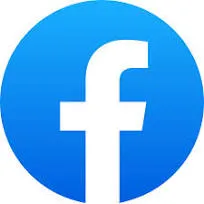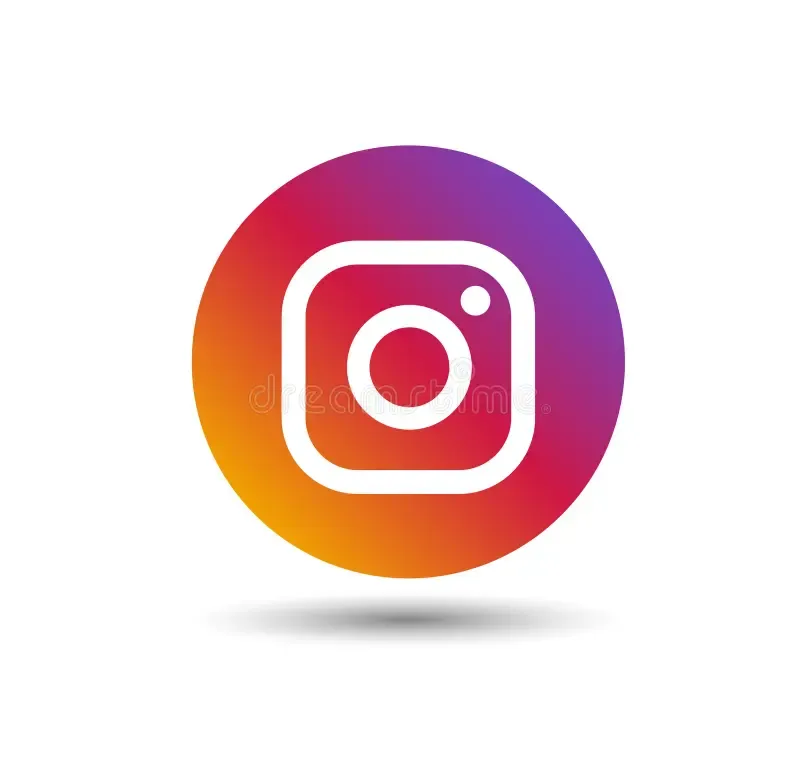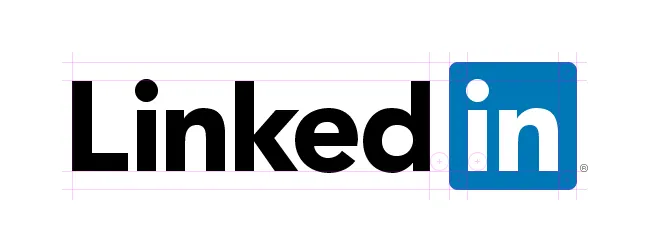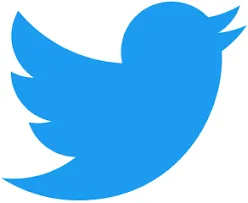Top 4 Facebook Alternatives & Competitors
Facebook, a leading social media platform with billions of users worldwide, offers a seemingly convenient way to connect with friends and family, share photos, and stay updated on news and events. However, it's crucial to understand that as you engage with content on Facebook, the platform collects data about your interests, behaviors, and interactions to tailor your experience and target you with ads. This data collection raises concerns about privacy and the potential for personal information to be shared or sold to third parties. Therefore, it's worth exploring alternative social media platforms that prioritize user privacy to safeguard your personal data.

Exploring Superior Alternatives to Facebook in 2024
As you embark on your search, you'll discover a plethora of competitors. Explore the following noteworthy alternatives to Facebook that are worth considering.

Instagram, a popular photo and video-sharing social networking service, has emerged as a go-to platform for users worldwide to express themselves creatively, connect with others, and discover new trends and content. With its visually appealing interface and user-friendly features, Instagram offers a seamless experience for sharing moments and stories with friends, followers, and the broader community.
In the realm of competition with Facebook, Instagram stands out with its emphasis on visual content and storytelling. Unlike Facebook's primarily text-based approach, Instagram relies heavily on photos and videos to capture attention and engage users. This focus on visual storytelling has made Instagram a preferred platform for brands, influencers, and creators looking to showcase their products, services, and talents in a visually compelling manner.
Moreover, Instagram's emphasis on aesthetics and curated content sets it apart from the more cluttered and diverse nature of Facebook's News Feed. The platform's emphasis on high-quality visuals and immersive experiences has cultivated a dedicated user base that values creativity and authenticity. Additionally, Instagram's features such as Stories, Reels, and IGTV offer unique formats for content creation and consumption, providing users with a dynamic and interactive platform to express themselves.
In summary, Instagram's focus on visual storytelling, creativity, and immersive experiences distinguishes it from Facebook and positions it as a leading contender in the competitive landscape of social media platforms.
Yelp

Yelp, a renowned platform for crowd-sourced reviews and recommendations, has become a trusted resource for consumers seeking information about local businesses, restaurants, and services. With its extensive database of user-generated reviews, ratings, and photos, Yelp empowers users to make informed decisions about where to eat, shop, and explore in their communities.
In the realm of competition with Facebook, Yelp distinguishes itself through its specialized focus on local businesses and consumer reviews. While Facebook offers a broad range of features encompassing social networking, content sharing, and advertising, Yelp hones in on the niche of providing detailed insights and opinions about businesses and services. This focused approach has allowed Yelp to cultivate a dedicated user base of consumers who rely on the platform for authentic and unbiased reviews.
Moreover, Yelp's robust search and recommendation algorithms enable users to discover new businesses based on their preferences, location, and past experiences. By leveraging user-generated content and data, Yelp provides personalized recommendations tailored to each user's unique tastes and interests.
In contrast, Facebook's business pages and recommendations feature lacks the depth and specificity of Yelp's review-centric platform. While Facebook serves as a general hub for social interactions and business promotion, Yelp serves as a dedicated platform for facilitating connections between consumers and local businesses.
In summary, Yelp's specialized focus on local business reviews and recommendations sets it apart from Facebook and positions it as a leading player in the realm of online platforms for consumer insights and decision-making.

LinkedIn, the world's largest professional networking platform, serves as a digital hub for professionals to connect, network, and advance their careers. With over 700 million users globally, LinkedIn offers a range of features and tools designed to facilitate professional growth, recruitment, and business development.
In contrast to Facebook's broad focus on social connections and personal interactions, LinkedIn specializes in fostering professional relationships and facilitating professional development. Through features such as profiles, connections, and groups, LinkedIn provides users with a platform to showcase their skills, experience, and achievements, as well as to connect with peers, mentors, and potential employers.
One of the key differentiators between LinkedIn and Facebook is their respective user bases and purposes. While Facebook caters to a general audience seeking social interactions and personal connections, LinkedIn targets professionals and businesses seeking professional networking opportunities, career advancement, and industry insights.
Additionally, LinkedIn's emphasis on professional content and thought leadership distinguishes it from Facebook's more casual and diverse content landscape. LinkedIn's publishing platform allows users to share articles, posts, and insights on industry trends, career advice, and professional experiences, positioning the platform as a valuable resource for knowledge sharing and professional development.
Furthermore, LinkedIn's suite of recruitment and advertising tools provides businesses with targeted solutions for talent acquisition, employer branding, and B2B marketing, offering distinct advantages over Facebook's advertising platform in the realm of professional networking and business development.
In summary, LinkedIn's specialized focus on professional networking and career development sets it apart from Facebook and positions it as a leading platform for professionals seeking to build their personal brand, expand their network, and advance their careers.
X(twitter)

X(twitter), a popular microblogging platform, has revolutionized the way people communicate and share information in real-time. With its character-limited tweets and fast-paced nature, X(twitter) serves as a dynamic hub for news, trends, and conversations spanning a wide range of topics and interests.
In contrast to Facebook's focus on personal connections and social networking, X(twitter) emphasizes public conversations and real-time updates, making it a go-to platform for staying informed, engaging with current events, and expressing opinions. X(twitter)'s open and accessible nature encourages users to share thoughts, ideas, and news stories, fostering a sense of community and connection among its diverse user base.
One of the key distinctions between X(twitter) and Facebook lies in their respective formats and functionalities. While Facebook offers a multifaceted platform for social networking, content sharing, and personal interactions, X(twitter)'s streamlined interface and focus on concise messaging make it well-suited for quick updates, breaking news, and trending topics.
Moreover, X(twitter)'s use of hashtags and trending topics enables users to discover and participate in conversations about specific subjects, amplifying the reach and visibility of tweets beyond individual networks. This real-time discovery and engagement feature differentiate X(twitter) from Facebook's more algorithm-driven News Feed, allowing users to explore a broader range of content and perspectives.
Additionally, X(twitter)'s role in shaping public discourse and driving social movements has positioned it as a powerful tool for activism, advocacy, and social change. The platform's ability to amplify voices, mobilize communities, and hold individuals and institutions accountable underscores its influence in the realm of online communication and social media.
In summary, X(twitter)'s focus on real-time communication, public conversations, and trending topics sets it apart from Facebook and positions it as a vital platform for staying informed, engaging with current events, and participating in global conversations.
Final Thoughts
In the competitive landscape of social media, platforms like Facebook face formidable rivals such as YouTube, Instagram, Yelp, LinkedIn, and X(twitter). Each of these platforms caters to distinct user needs and preferences, challenging Facebook's dominance in various ways.
YouTube's vast repository of videos competes for users' attention, while Instagram's emphasis on visual storytelling and real-time updates offers a unique experience. Yelp's focus on local business reviews and recommendations provides a niche service, and LinkedIn serves as a dedicated space for professional networking and career development. X(twitter)'s role in facilitating real-time conversations and news dissemination adds another layer of competition.
These platforms differ in their features, user bases, and purposes, but collectively, they drive innovation and choice in the social media landscape. While Facebook remains a juggernaut with its massive user base and advertising revenue, the competition pushes all platforms to continually improve and cater to evolving user needs.
Ultimately, users benefit from this competition as they have a variety of platforms to choose from based on their interests, preferences, and goals. In this dynamic environment, social media platforms must strive to offer unique value propositions and user experiences to stay relevant and competitive.













